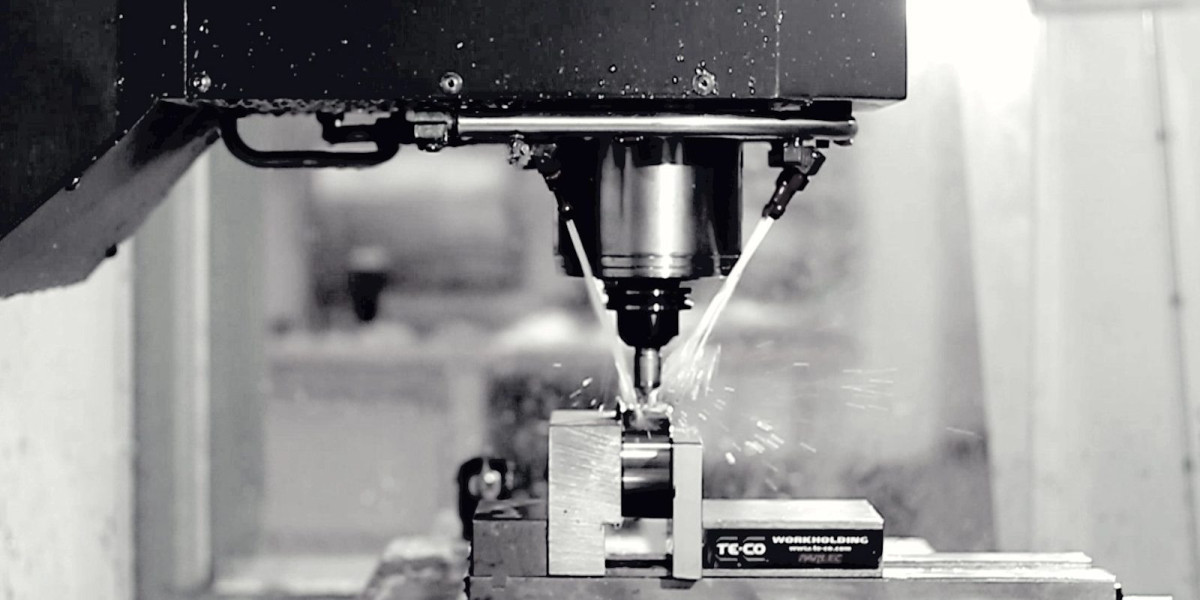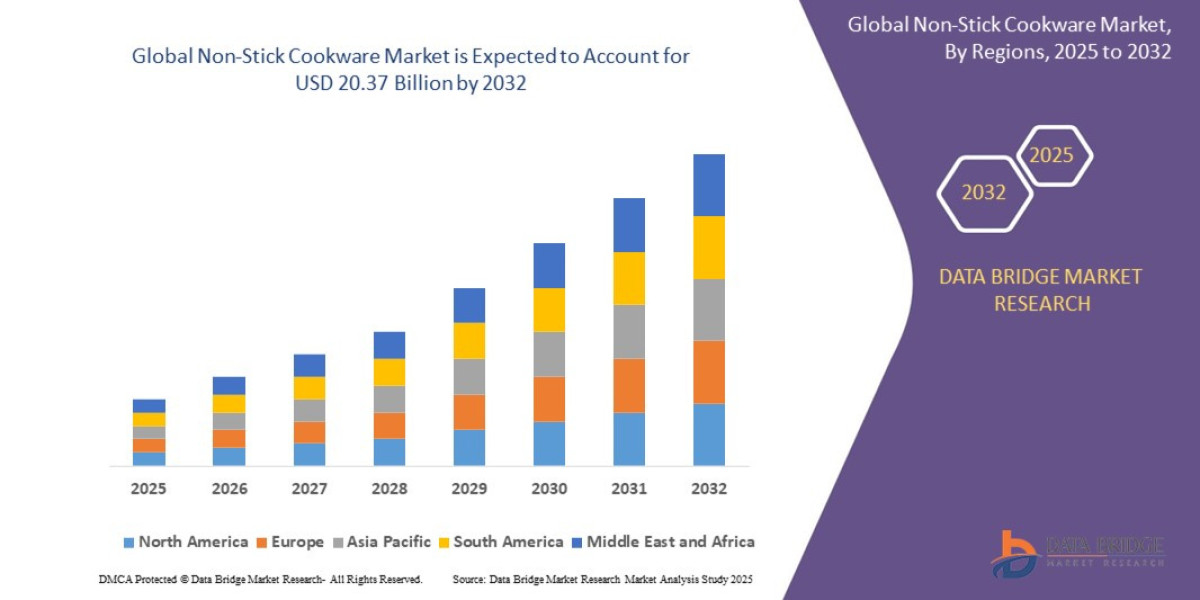CNC (Computer Numerical Control) machining has long been the backbone of precision manufacturing, enabling businesses to create highly accurate parts across industries—from aerospace to automotive to medical. But like all technology-driven industries, CNC machining is evolving rapidly.
Let’s take a look at the emerging trends in CNC machining that are reshaping how modern manufacturers design, prototype, and produce components.
1. Automation and Lights-Out Machining
One of the biggest shifts in CNC machining is the growing adoption of automation. Manufacturers are increasingly relying on robotic arms, automatic tool changers, and conveyor systems to streamline production lines.
Lights-out machining—where CNC machines run unattended overnight or during weekends—is becoming more common. This allows businesses to maximize machine uptime, reduce labour costs, and meet tight deadlines with less interruption.
2. Smart Manufacturing and Industry 4.0
The Fourth Industrial Revolution, also known as Industry 4.0, is all about connectivity and smart systems. In the CNC world, this translates to machines equipped with sensors and software that collect and share real-time data.
This smart manufacturing approach helps monitor performance, predict maintenance needs, and ensure quality control. By integrating with ERP (Enterprise Resource Planning) systems, CNC machines can even help manage inventory and job scheduling with better efficiency.
3. On-Demand and Small-Batch Production
Customer expectations are shifting from mass production to custom, on-demand solutions. CNC machining is uniquely suited for small-batch manufacturing, where businesses can produce fewer parts more frequently and adapt to market trends or individual customer requests.
Thanks to modern CAD/CAM software and rapid prototyping, the turnaround time from design to finished part is now significantly shorter—making CNC a flexible and responsive option for both startups and established manufacturers.
4. Advanced Materials and Hybrid Machining
New materials like carbon fibre composites, titanium alloys, and ceramics are being used more often in industries that require lightweight or heat-resistant properties. CNC machines now come equipped with tooling and spindle systems capable of handling these advanced materials.
Hybrid machining—which combines CNC milling, turning, and even 3D printing in one machine—is another innovation that’s gaining traction. This approach reduces the number of steps in the manufacturing process and lowers the margin of error.
5. Greater Sustainability and Waste Reduction
Sustainability is no longer just a buzzword—it's a business requirement. CNC machining is becoming greener through better energy management, coolant recycling, and more precise material usage that reduces waste.
Additionally, digital twin technology allows manufacturers to simulate the entire production process, helping identify inefficiencies before any physical machining takes place. The result? Less trial and error, reduced scrap, and more eco-friendly operations.
6. Cloud-Based CNC Control and Remote Monitoring
With the rise of cloud computing, CNC machines can now be monitored and even controlled remotely. This is a game-changer for multi-location operations or manufacturers who need to manage production across different time zones.
Using cloud-based platforms, technicians and engineers can adjust toolpaths, check system health, or receive alerts if machines need attention—all from their smartphone or desktop. This adds a new layer of convenience and responsiveness to modern machining.
7. The Human Touch Still Matters
Despite all these tech advancements, skilled machinists are more important than ever. Machines can automate tasks, but it’s the expertise of human operators that ensures precision, quality, and creativity in problem-solving.
Training and retaining skilled workers is crucial as the industry continues to modernize. Investing in employee education—especially around new software, materials, and hybrid machinery—keeps companies competitive and capable of handling complex jobs.
Final Thoughts
CNC machining isn’t standing still—it’s adapting and improving with every technological breakthrough. For businesses in manufacturing, engineering, or fabrication, staying informed about these trends isn’t optional—it’s essential.
Companies like Kirmell, a UK-based supplier of CNC parts and accessories, are helping engineers and manufacturers stay equipped with practical, high-quality solutions. Whether you’re just starting your CNC journey or scaling up operations, it pays to be future-ready.








